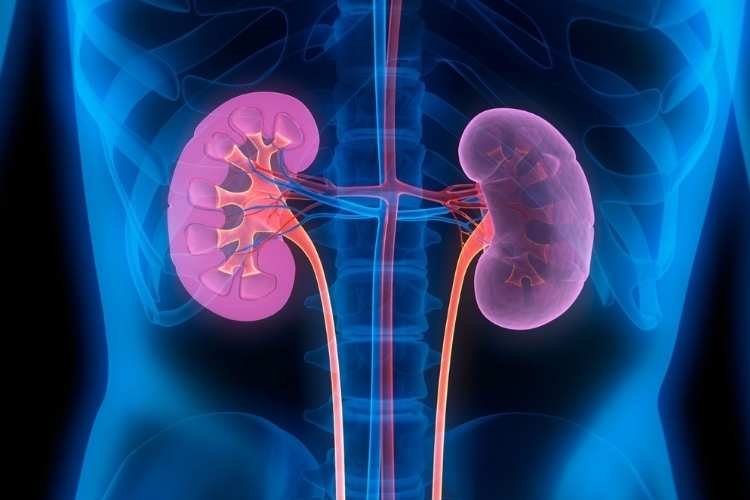Half a year after securing accelerated approval for the treatment of a rare kidney ailment, Travere Therapeutics’ groundbreaking drug, Filspari, has narrowly missed the mark in its confirmatory trial, casting doubts on an immediate full FDA endorsement. However, there is a silver lining, as two analyst groups suggest that the drug’s removal from the market appears unlikely.
The setback stems from Travere’s phase 3 PROTECT study, which pitted Filspari (sparsentan) against the widely-used angiotensin II receptor blocker, irbesartan, in patients afflicted with primary immunoglobulin A nephropathy (IgAN).
Regrettably, Filspari did not achieve statistical significance over irbesartan in terms of kidney function outcomes, as gauged by the estimated glomerular filtration rate (eGFR).
Nonetheless, Filspari showcased a silver lining, demonstrating the preservation of long-term kidney function and establishing a clinically substantial difference in the eGFR slope when compared to irbesartan. For the purpose of regulatory review in the EU, the drug also achieved statistical significance for its eGFR endpoint, as announced by Travere.
A trial victory could have paved the way for Filspari’s accelerated approval to evolve into a conventional green light. With this possibility now temporarily shelved, Travere has articulated plans to pursue full U.S. approval in the initial half of 2024. Filspari originally secured accelerated approval in February, when the FDA endorsed it based on earlier data from the PROTECT study, indicating significant proteinuria reduction with Filspari compared to irbesartan after 36 weeks of treatment.
Patients administered Filspari experienced a remarkable 49.8% reduction in mean proteinuria from baseline, in contrast to a 15.1% reduction in the control group. Analysts expressed disappointment over Filspari’s eGFR underperformance. William Blair’s team attributed the trial’s failure to the “historically strong performance of irbesartan,” which ultimately hindered Filspari’s ability to establish a statistically significant difference compared to the active control.
In parallel, Leerink Partners analysts labeled the outcome as “very disappointing,” and the results introduce some “regulatory risk” due to the drug’s accelerated approval status.
Both analyst groups, however, suggest that the drug is unlikely to be withdrawn from the market. William Blair analysts highlighted Filspari’s unique position as the first and sole non-immunosuppressive therapy for IgAN, while the Leerink team praised the results as “clinically meaningful.”
Nevertheless, the results may prompt increased scrutiny on pricing and reimbursement. As of Thursday afternoon, Travere’s stock price had declined by approximately 42%.”





























